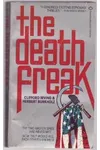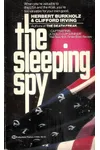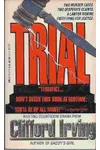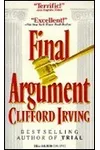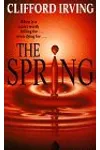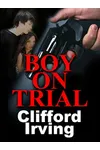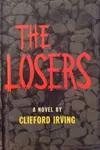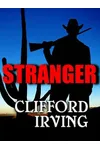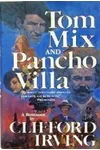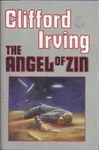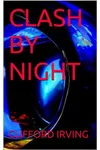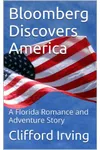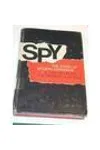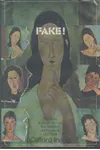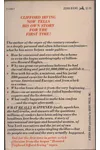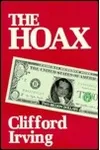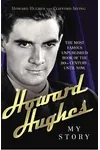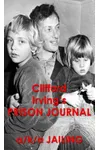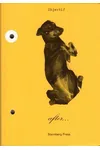Picture an American storyteller whose life reads like a thriller, weaving tales of adventure and audacity—meet Clifford Irving! Born in 1930, Irving was a novelist and investigative reporter whose daring literary hoax involving billionaire Howard Hughes made headlines. With 20 novels to his name, his blend of fact and fiction left a unique mark on American literature.
Irving’s story is one of bold creativity and boundary-pushing exploits. From forging a fake autobiography to crafting gripping legal thrillers, he lived as vividly as he wrote. Let’s dive into the world of Clifford Irving, where truth and imagination collide!
The Making of Clifford Irving
Clifford Michael Irving was born on November 5, 1930, in New York City, the son of cartoonist Jay Irving, creator of the comic strip Pottsy. Growing up in a creative household, Irving developed a flair for storytelling early on. After graduating from Cornell University in 1951, he embarked on a nomadic life, working as a New York Times copy boy, sailing around the world, and living on a houseboat in Kashmir. These adventures shaped his bold, globe-trotting perspective, which later infused his writing.
Irving’s writing career began with his debut novel, On a Darkling Plain (1956), inspired by his travels. His early works reflected a Hemingway-esque zest for life, blending raw experience with vivid prose. By the 1960s, he was living on the Spanish island of Ibiza, mingling with artists and forging connections that would spark his most infamous project.
Clifford Irving’s Unforgettable Stories
Irving’s literary output spanned thrillers, historical novels, and nonfiction, but his most notorious work was the fake Autobiography of Howard Hughes (1972). Conceived in 1970 with collaborator Richard Suskind, Irving exploited Hughes’s reclusive nature, forging letters and crafting a manuscript so convincing it fooled publishers and experts. The hoax unraveled when Hughes denounced it, leading to Irving’s 17-month prison sentence. Yet, the saga showcased his storytelling prowess, later detailed in his bestselling The Hoax (1981), adapted into a 2006 film starring Richard Gere.
Beyond the scandal, Irving penned compelling novels like Trial (1990), a legal thriller praised for its courtroom drama, and Tom Mix and Pancho Villa (1982), an epic historical tale blending fact and fiction. His nonfiction work, Fake! (1969), chronicled art forger Elmyr de Hory and inspired Orson Welles’s documentary F for Fake. Irving’s style was immersive, marked by sharp dialogue and a knack for blurring reality and invention, keeping readers hooked.
After prison, Irving embraced e-books, self-publishing works like Daddy’s Girl (1985), a true-crime account of a Houston murder trial. His later years saw him digitize 18 books for Kindle and Nook, proving his adaptability. Each work carried his signature blend of adventure and intrigue, cementing his reputation as a literary maverick.
Why Clifford Irving Matters
Clifford Irving’s legacy transcends his infamous hoax. His audacity challenged publishing norms, exposing the allure of celebrity and the fragility of trust in media. His novels, rich with historical and legal insight, offered readers thrilling escapes grounded in real-world stakes. Irving’s ability to reinvent himself post-scandal—through e-books and new genres—reflects a resilience that resonates with modern authors navigating digital landscapes.
His influence lingers in pop culture, from the 2006 film to discussions of literary ethics. Irving showed that a great story, even a fraudulent one, could captivate the world. His life reminds us that creativity often dances on the edge of risk, leaving a legacy that’s as provocative as it is entertaining.
- Born: November 5, 1930, New York City
- Died: December 19, 2017, Sarasota, Florida
- Key Works: The Hoax, Trial, Tom Mix and Pancho Villa, Fake!
- Notable Fact: Served 17 months in prison for the Hughes hoax
Snag The Hoax or Trial and dive into Clifford Irving’s thrilling world of fact, fiction, and fearless storytelling!
